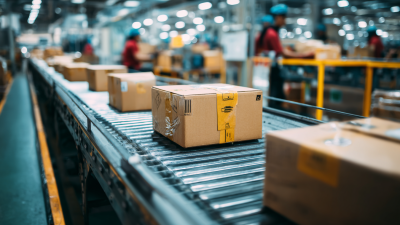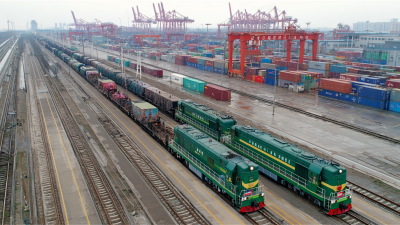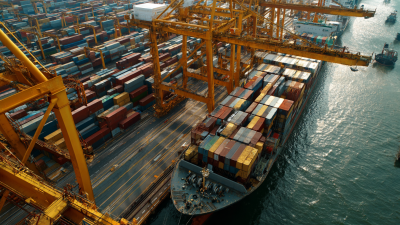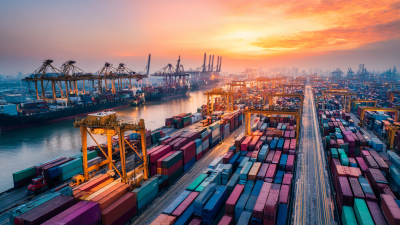Choosing the right Chinese freight forwarder is crucial for businesses looking to navigate the complexities of international shipping and logistics. As global trade continues to expand, with China accounting for approximately 13.2% of the world's total exports in 2021, selecting a reliable freight forwarder can significantly impact operational efficiency and cost-effectiveness. According to a report by the International Freight Forwarders Association, nearly 70% of companies experience delays due to inadequate freight forwarding services, underscoring the importance of making informed decisions in this area. Whether you are a small enterprise or a large corporation, understanding the various factors that contribute to successful freight forwarding can help streamline your supply chain and enhance your competitive edge in the market. In this article, we will explore essential criteria to consider when choosing the right Chinese freight forwarder for your business needs.
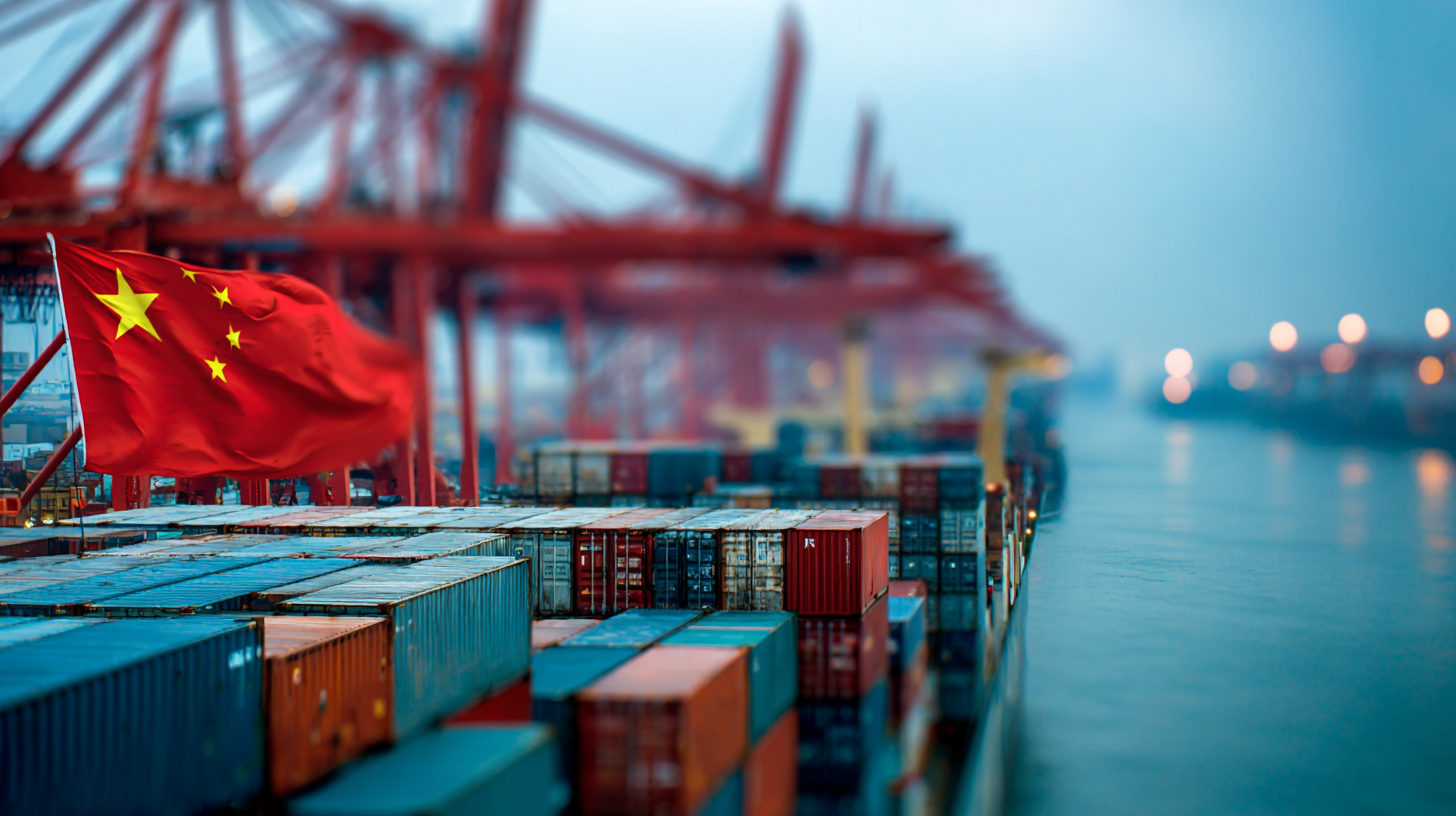
When selecting a freight forwarder for your business, it's essential to begin by understanding your specific logistics requirements. Different businesses have varied needs based on factors such as shipment volume, destinations, and types of goods. Take the time to outline your shipping frequency, weight specifications, and whether you require additional services like customs clearance or insurance. This clarity will help you communicate effectively with potential forwarders and ensure they can meet your expectations.
**Tip 1:** Create a detailed checklist of your freight forwarding requirements. Include all necessary services and timelines to facilitate easier comparisons between different forwarders.
Additionally, consider the technology and tools your freight forwarder employs. With the rise of digital solutions in logistics, choosing a forwarder that uses advanced tracking and management systems can provide you with real-time updates and better control over your shipments. Ensure their technology integrates seamlessly with your existing systems for a smoother operational flow.
**Tip 2:** Research and verify the forwarder’s technological capabilities by requesting demos or references from other clients.
When selecting a Chinese freight forwarder, evaluating their experience and reputation is crucial. A freight forwarder with extensive experience in the logistics industry not only ensures compliance with international shipping regulations but also possesses an in-depth understanding of the local market dynamics. This expertise can translate to better negotiation rates and smoother transit processes. It's advisable to inquire about their geographical coverage and specific industry experience to ensure they are well-equipped to handle the logistics particular to your business.
Reputation can often be assessed through client testimonials and reviews. Engage with existing or past clients to gather insights about their reliability, communication, and problem-solving capabilities. A well-regarded freight forwarder often showcases industry certifications or affiliations, demonstrating their commitment to professionalism. Additionally, attending industry seminars or networking events can provide valuable opportunities to connect with and learn from experienced logistics professionals, further guiding your choice in selecting a forwarder that aligns with your business needs.
When choosing a Chinese freight forwarder, understanding the various services and specializations they offer is crucial for meeting your business needs. Freight forwarders provide a range of logistics solutions, including air, sea, and ground transportation. Depending on the nature of your goods, you may prefer a forwarder that specializes in one mode of transport over another. For instance, if timely delivery is essential, a forwarder with a robust air freight service could be more suitable, while bulk shipments may benefit from a forwarder with expertise in sea freight.
Additionally, different freight forwarders have specific industry specializations that can greatly enhance the efficiency of logistics operations. Some may focus on sectors such as perishables, textiles, or electronics, offering tailored services like temperature-controlled transport or customs clearance expertise. When selecting a freight forwarder, consider their experience in your industry and the additional services they provide, such as warehousing, insurance, and documentation handling. This alignment can ensure that your supply chain runs smoothly, reducing delays and potential complications.
When selecting a Chinese freight forwarder, understanding their cost structures and pricing transparency is crucial for optimizing your logistics strategy. Different freight forwarders offer varying pricing models, including fixed rates, variable rates based on volume, or charges that fluctuate depending on market conditions. It's essential to ask potential partners about their pricing strategies and any additional fees that might be hidden in their contracts, such as service surcharges or customs handling fees.
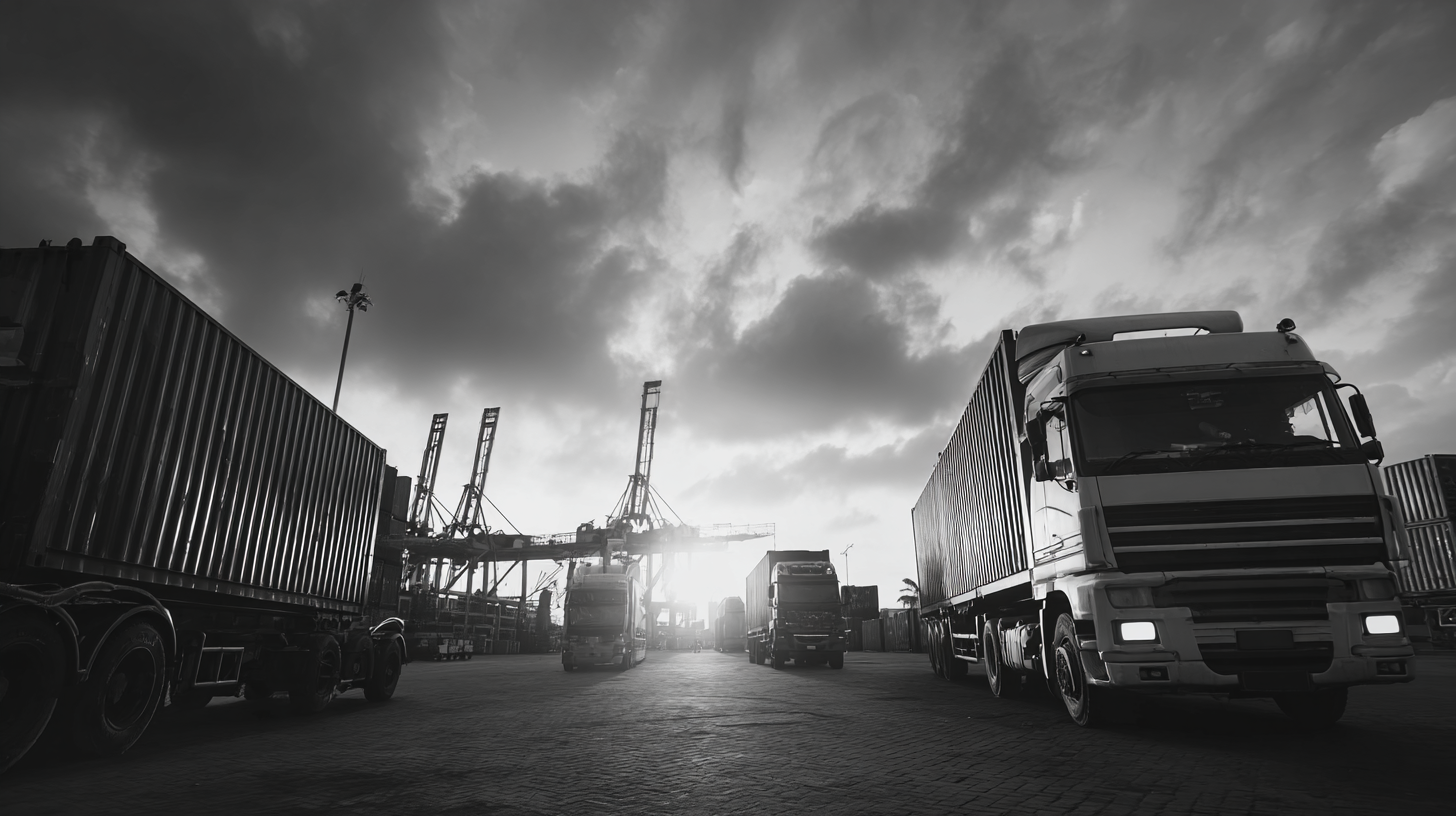
Furthermore, transparency in pricing is a significant factor that can impact the trust between your business and freight forwarders. A reputable freight forwarder should provide a clear breakdown of costs, highlighting what each charge entails. This level of clarity not only helps in budgeting but also aids in evaluating the overall value of the services provided. When assessing your options, inquire about how and when fees may change, and ensure that you're comfortable with their communication practices regarding any potential price adjustments.
When selecting a Chinese freight forwarder, ensuring compliance with regulations and effective risk management practices is crucial. A reliable freight forwarder should have a clear understanding of local customs laws, international shipping regulations, and industry standards. This knowledge not only helps in avoiding potential legal issues but also facilitates smooth transit of goods across borders.
Tip 1: Always verify the freight forwarder's certifications and licenses. Look for memberships in recognized organizations, such as the International Federation of Freight Forwarders Associations (FIATA) or national trade bodies, as these credentials indicate their commitment to compliance and industry best practices.
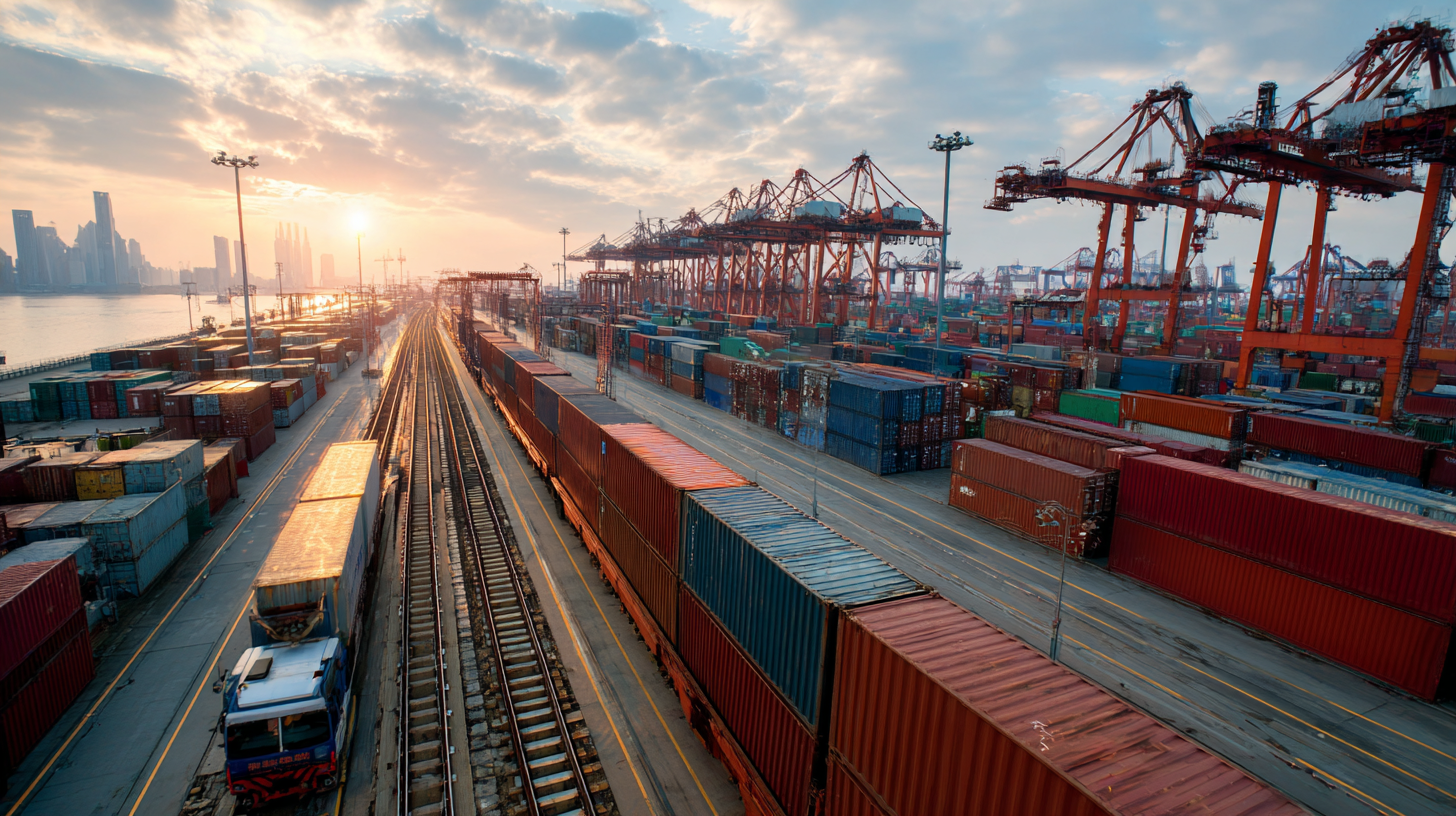
Additionally, assessing the freight forwarder's risk management strategies is vital. They should have robust systems in place to handle disruptions, such as cargo theft or shipment delays. A well-prepared forwarder will have contingency plans and insurance options that minimize your business's exposure to potential losses.
Tip 2: Ask for references and case studies of how they've managed past risks. This insight can provide confidence in their ability to handle any challenges that may arise during the shipping process, ultimately safeguarding your business interests.

